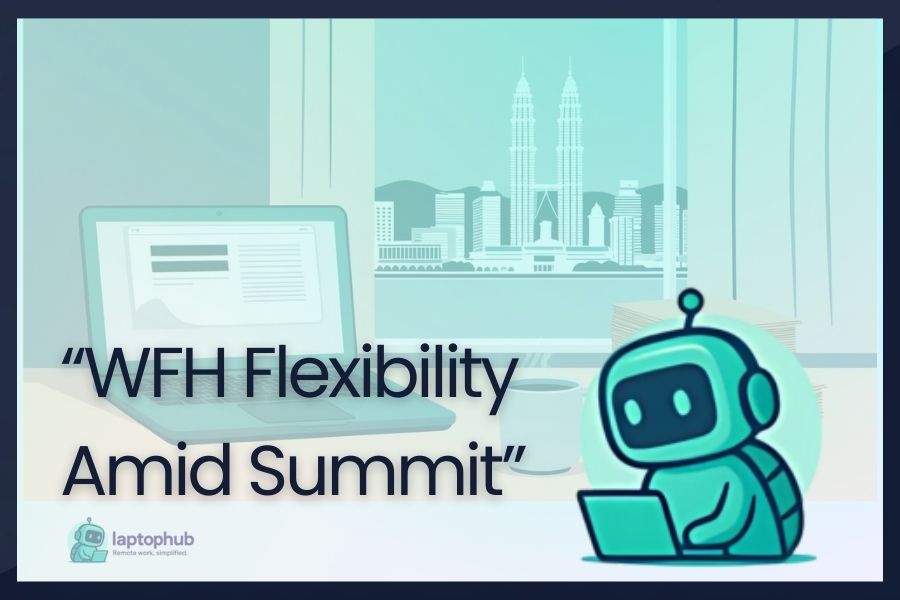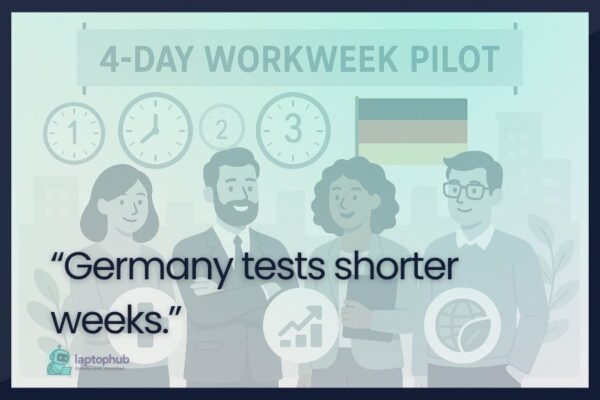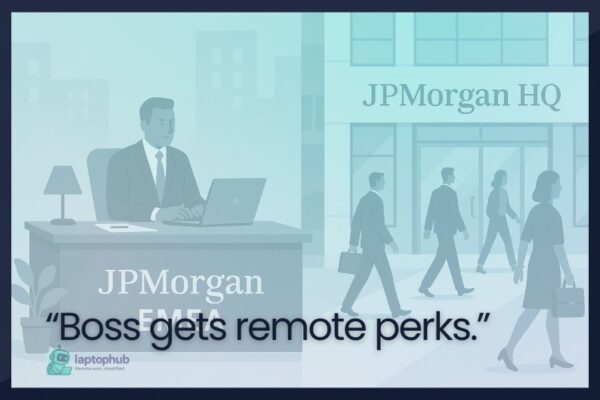As reported by Malay Mail, Malaysia’s Public Service Department (PSD) announced that civil servants will continue to have the option to work from home during the ASEAN Summit scheduled for later this month. This decision is part of the government’s strategy to manage potential traffic congestion and maintain efficient public service operations during the high-profile event.
The PSD emphasized that WFH decisions will be made at the discretion of department heads, allowing each agency to tailor arrangements based on their operational requirements. This decentralized approach ensures that essential services continue without compromise, while minimizing disruptions caused by increased traffic and road closures during the summit period.
In a related development, Selangor Journal reported that civil servants concerned about traffic disruptions during the summit are encouraged to request WFH arrangements. This proactive measure is intended to minimize commuting stress and ensure that government services remain uninterrupted.
The decision reflects Malaysia’s continued commitment to hybrid work models within the public sector. While private companies have been more aggressive in bringing staff back to the office, the federal government has maintained a more flexible posture, especially when situational logistics—like an international summit—warrant it.
The ASEAN Summit, scheduled for later this month, is expected to draw significant diplomatic attention, with participation from top officials representing economic, security, and environmental sectors. By allowing public servants to work remotely where feasible, Malaysia is not only supporting its own civil workforce but also demonstrating how hybrid policies can serve both operational and civic goals.
This move may serve as a model for future high-security or high-impact events in the region, where remote work can be a tool for smoother governance and urban flow management.
Read our editorial guidelines to learn how we report news on LaptopHub.





